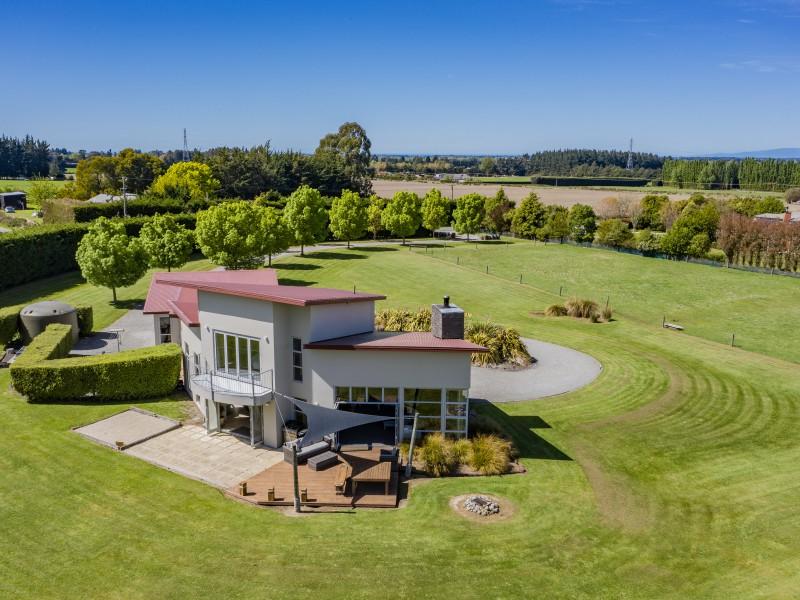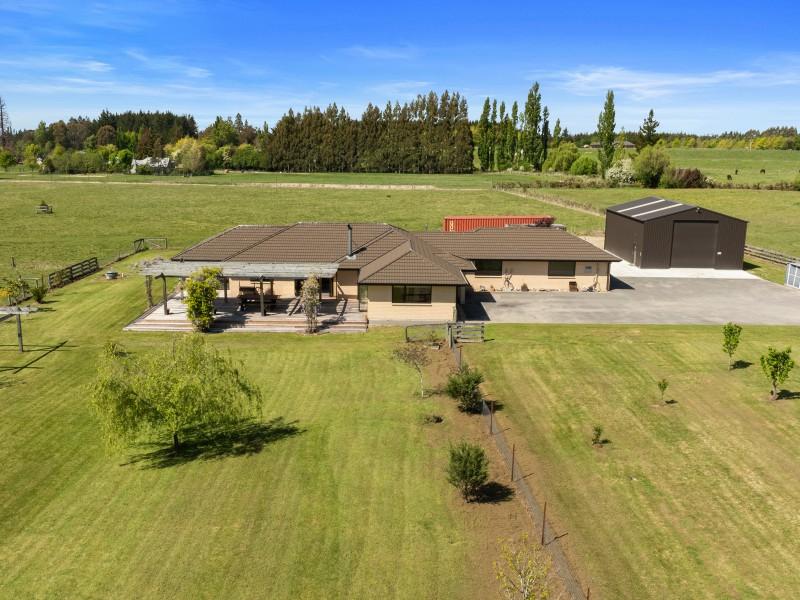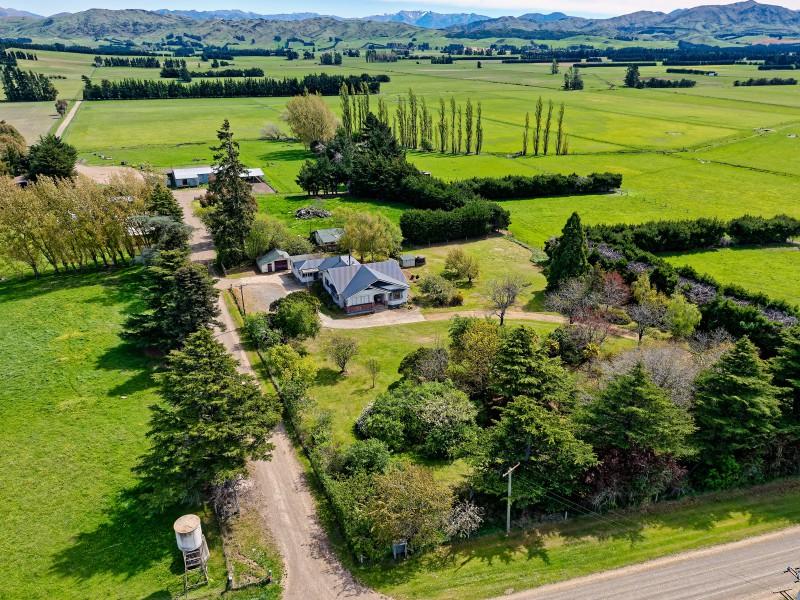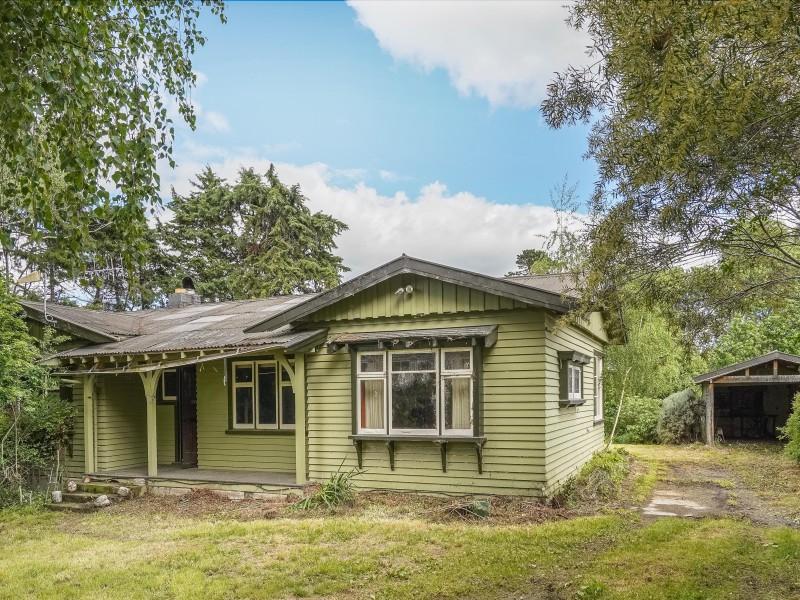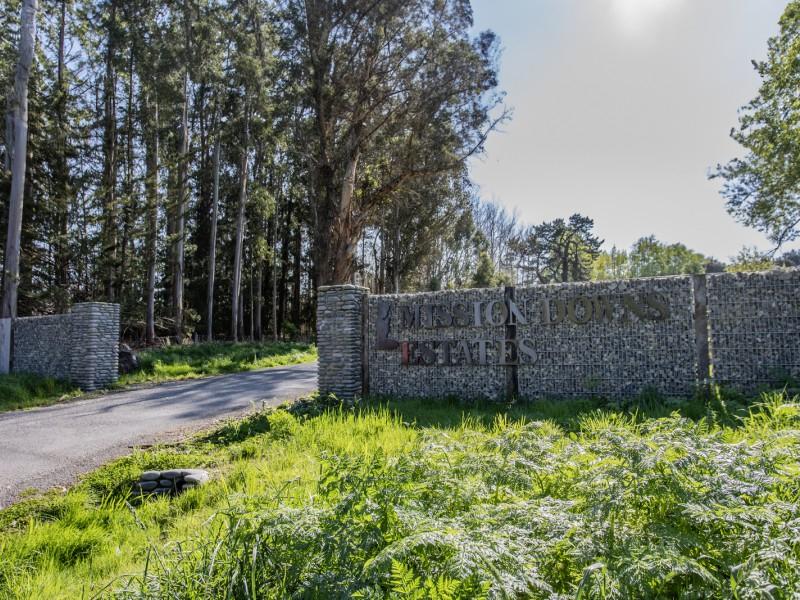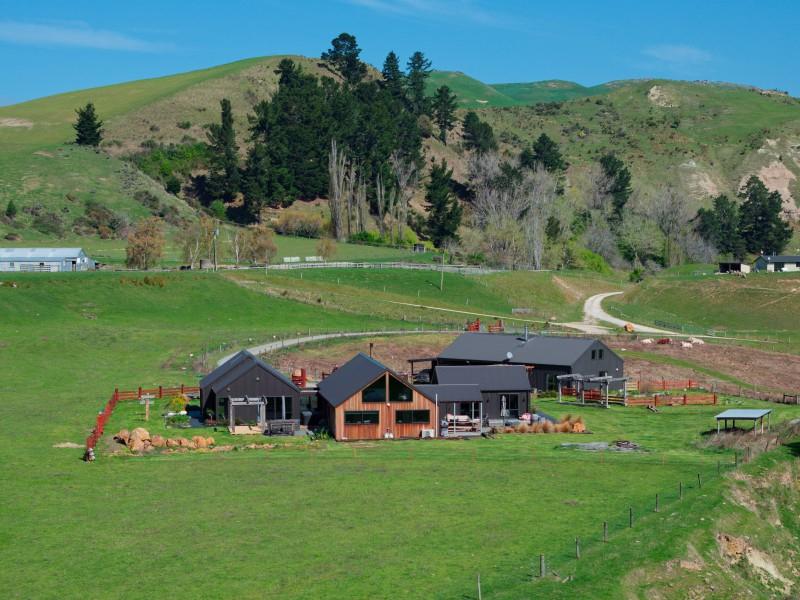North Canterbury councils stick with first past the post voting system
By David Hill local democracy reporter
North Canterbury’s three councils are sticking with first past the post (FPP) for local government elections.
The Hurunui and Kaikōura District Councils are in the midst of representation reviews, but have decided to stick with their voting system, FPP, rather than the single transferable vote (STV) system.
Hurunui mayor Marie Black said the council has accepted a recommendation from its working group to stay with FPP for the 2025 and 2028 local government elections.
“There was a great deal of discussion on the merits of first past the post and STV.
“STV is a very different system and it was felt first past the post was familiar and changing systems may lead to a decrease in voter turnout.”
Under FPP, voters simply vote for their preferred candidate, whereas under STV voters rank the candidates in order of preference.
Discussions are continuing on a Māori ward being established in the Hurunui district.
Black said the council was actively seeking the views of Te Rūnanga o Ngāi Tūāhuriri and Te Rūnanga o Kaikōura.
“It is important we canvas those views and make a decision based on the evidence.”
Speaking at a Kaikōura District Council meeting earlier this month, corporate services senior manager Peter Kearney said there were pros and cons with both systems.
“First past the post is well understood, but the Future for Local Government Report has stated a preference for STV.
“The data suggests it (STV) is slightly fairer, but people find it harder to understand and there can be a later release of the end result.”
Councillors voted to stick with FPP for the 2025 and 2028 elections.
Councillor Robby Roche said FPP “fits our community”, while councillor Kevin Heays said “simple is best”.
The council is continuing to engage with Te Rūnanga o Kaikōura on the question of a Māori ward.
The Waimakariri District Council decided to stay with FPP at its May council meeting, mayor Dan Gordon said.
The councils have until September 19 to issue a public notice on the preferred voting option.
Voters have until February 21 to request a poll on the electoral system, if 5% of registered voters in the district sign a petition.
The Waimakariri council consulted with Te Rūnanga o Ngāi Tūāhuriri on the question of a Māori ward during the last representation review in 2021.
At the time rūnanga indicated it was satisfied with the existing hapū and council relationship.
* Local Democracy Reporting is Public Interest Journalism funded through NZ On Air
Railing planters
To gain extra growing space, make and hang these easy-to-build planters on almost any wooden fence or deck railing. Use Resene FX Blackboard Paint so you can easily identify what plants are in each. Find out how to create your own with these easy step by step instructions.

What's your favourite recipe for courgettes?
Kia ora neighbours. If you've got a family recipe for courgettes, we'd love to see it and maybe publish it in our magazine. Send your recipe to mailbox@nzgardener.co.nz, and if we use it in the mag, you will receive a free copy of our January 2025 issue.

Waimakariri district plan faces more delays amid changing rules
By David Hill, Local Democracy Reporter
Changing Government legislation is causing headaches for council staff, as Waimakariri’s new District Plan is set to be delayed again.
Waimakariri District Council development planning manager Matt Bacon said he was relieved when the last of the public hearings ended last week.
But with final council reports due on December 13, staff will have just two working days to present the final District Plan on December 17. A district plan helps to control and manage the development of the district or city.
‘‘We are working through what it looks like and we will update the council at its meeting on December 3,’’ Bacon said.
‘‘But we will likely seek another extension from the environment minister and the Resource Management Act (RMA) minister.’’
The council first notified its draft District Plan in September 2021, but within months legislation was introduced with new medium density residential housing standards (MDRS).
‘‘We needed to call for further submissions and we had to create a separate hearing panel to consider the plan variations to allow for the MDRS,’’ Bacon said.
‘‘We have tried to merge the process as much as possible, as well as looking at re-zoning and incorporating other new legislation.’’
When the draft plan was first notified there was no National Policy Statement (NPS) for Indigenous Biodiversity, but an NPS was introduced - and then replaced.
The Natural and Built Environment Act came into being last year and then repealed, and then there is the NPS on Urban Development and the Greater Christchurch Spatial Plan.
The Government is now working on more RMA reforms and Environment Canterbury is working on the Canterbury Regional Policy Statement.
And then there is the Fast-Track Approvals Bill, which includes three proposed housing developments in Waimakariri - two of them outside of the future urban development areas identified in the Greater Christchurch Spatial Plan.
All three housing developments in the Bill have been included in submissions to the District Plan, including a proposed 850-home development at Ohoka, near Rangiora, which is also subject to an Environment Court appeal.
‘‘We haven’t seen the detail, so whether it is the same proposals, we don’t know, but they are different processes so we have to just keep doing what we are doing, until we are told otherwise,’’ Bacon said.
‘‘It might just be a timing thing, but we just don’t know.’’
Bacon said delaying the District Plan until new legislation is in place is not an option.
‘‘We are looking at what we can control and having a watching brief, and we will look at transitional timings because we don’t always have to immediately change planning documents when new legislation comes in.’’
Planning manager Wendy Harris said navigating changing Government legislation is a normal part of council planning work.
‘‘If we waited we wouldn’t do anything and we would go nowhere.’’
■ LDR is local body journalism co-funded by RNZ and NZ On Air.

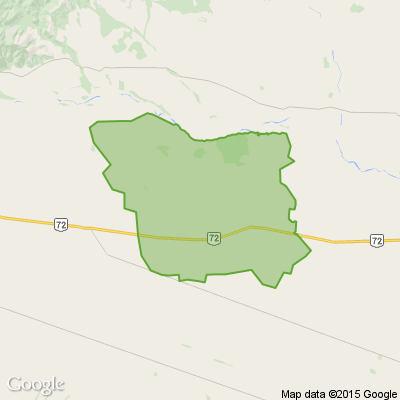







 Loading…
Loading…




